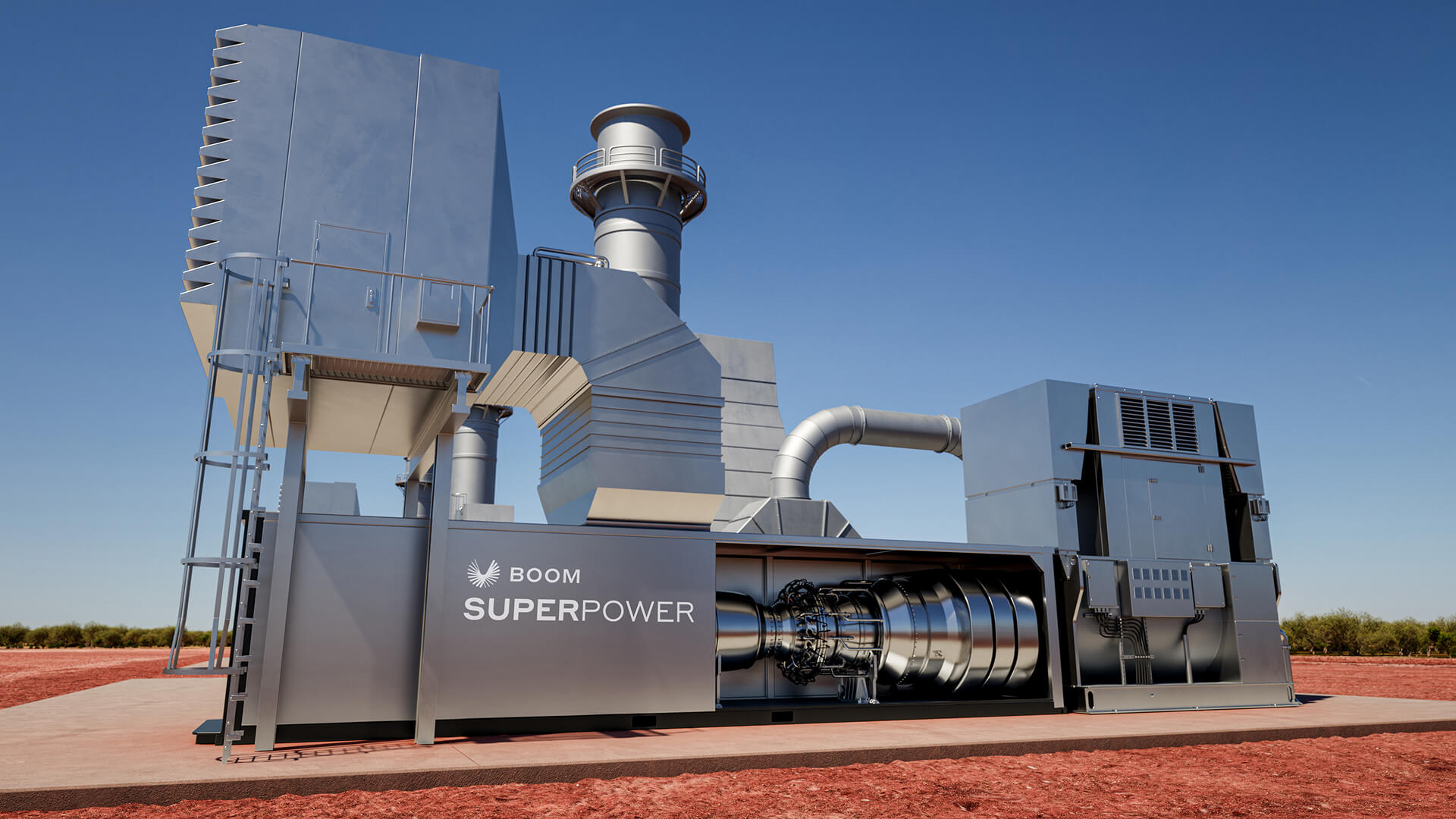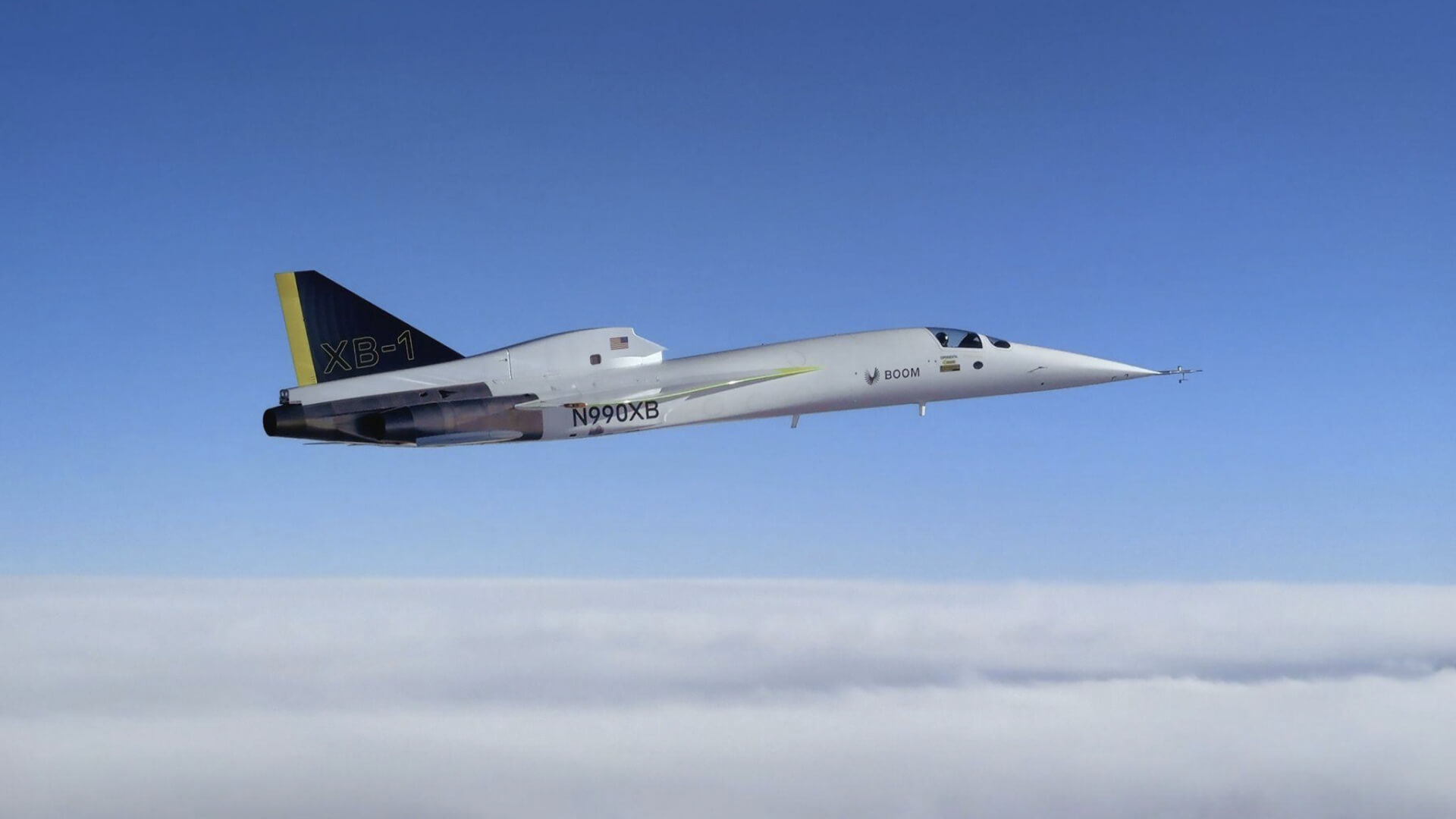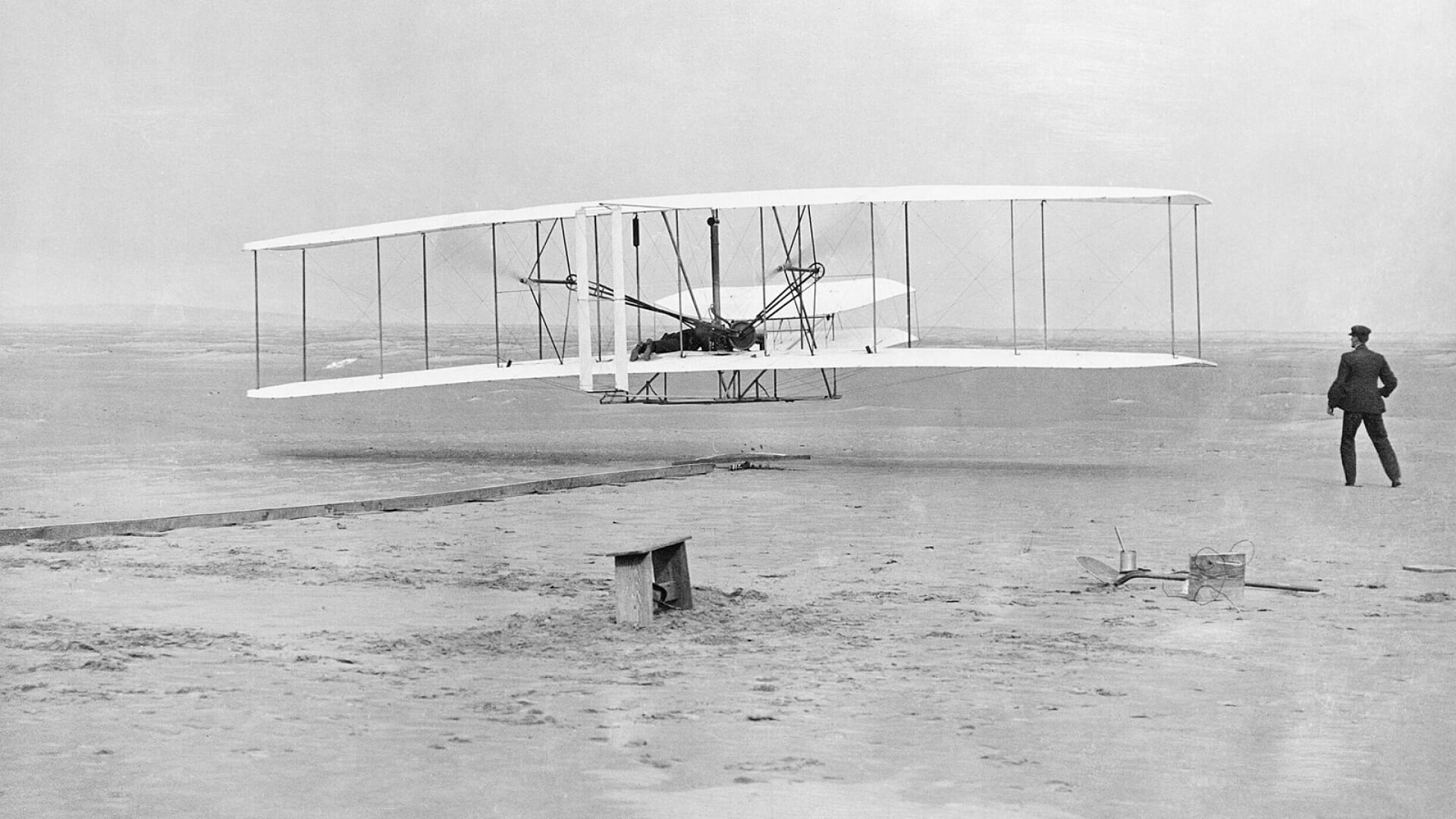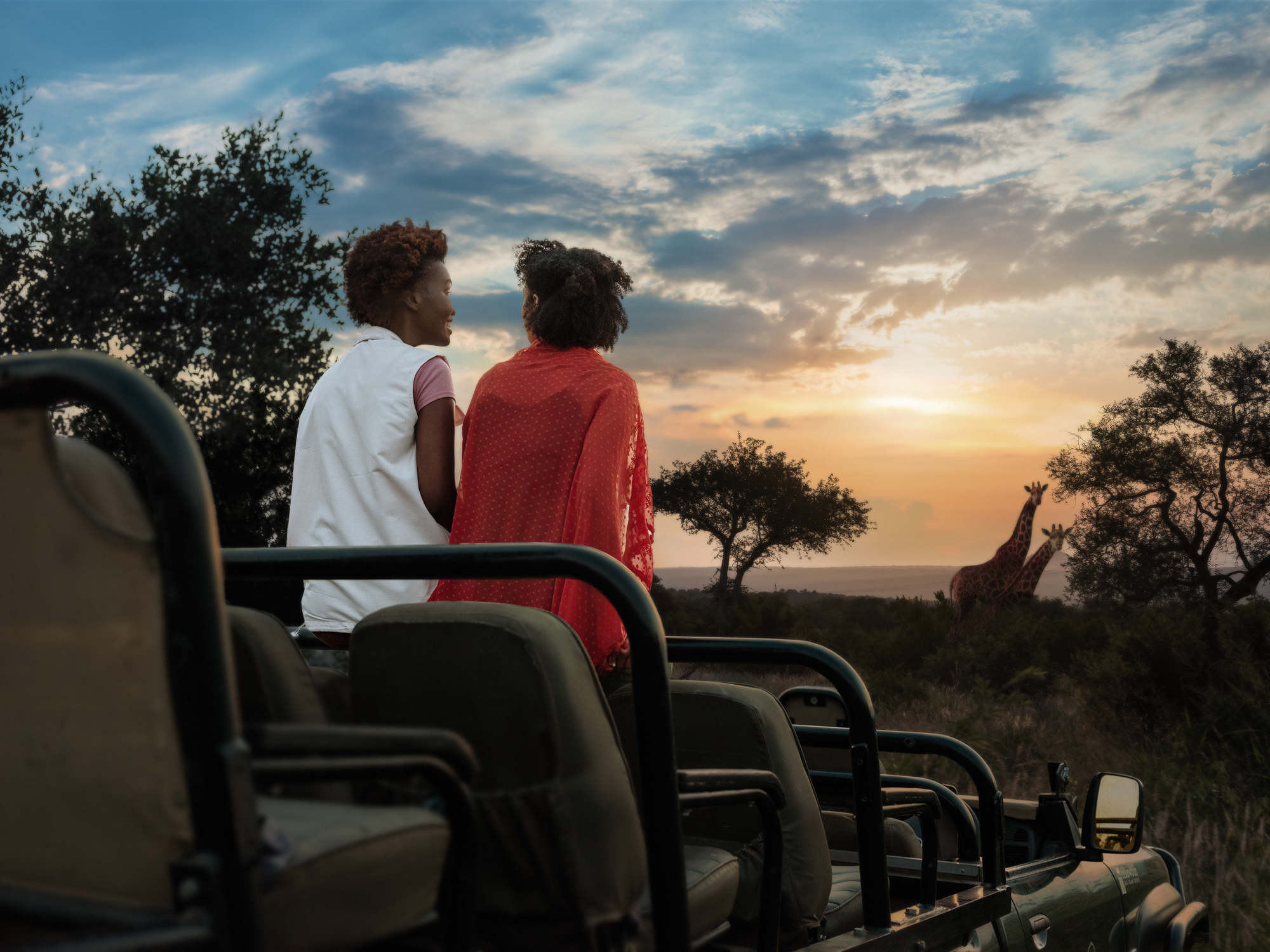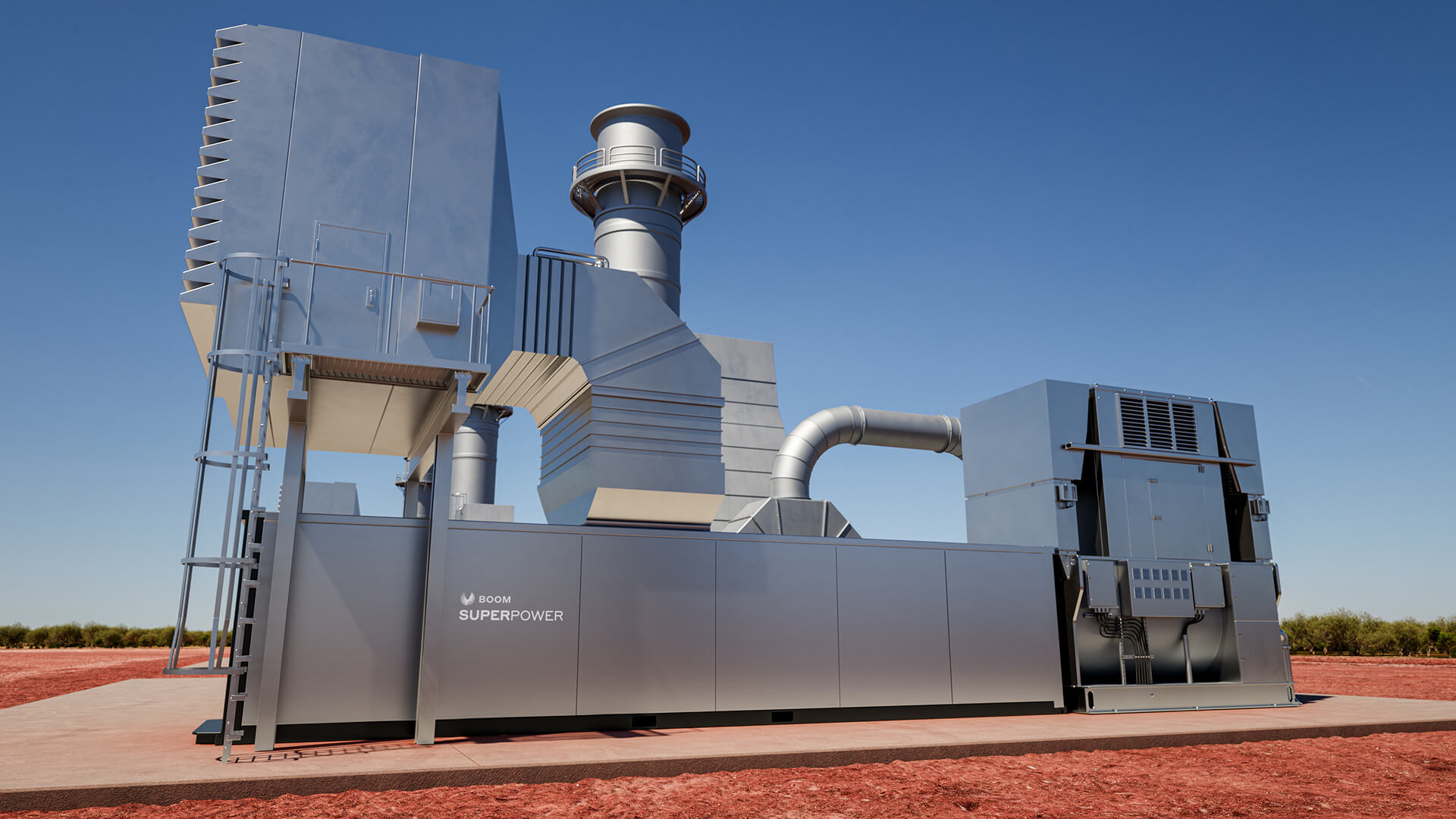Beaches. Wide open spaces. Beautiful wildlife. A culture rich with history.
Those might be some of the reasons you’d choose to visit South Africa. But for Jerry Mpufane, president of North America for South African Tourism, all of these benefits to visiting his home country culminate in one theme: the people.
Mpufane leads a team charged with building an iconic destination brand for South Africa. He is responsible for building innovative strategies to drive tourism growth in South Africa and establishing strategic relationships across travel trade and media sectors.
He is also a member of Boom’s Sustainable Travel Forum, which brings together industry leaders across travel, tourism, and aviation sectors under a collective mission: to build the future of sustainable travel.
One innovation he’s thinking about? The new era of supersonic flight and how Overture will transform tourism in his home country.
How is sustainability ingrained naturally in the South African people?
JM: It’s all about people and advancing humanity. Historically, Visit South Africa used to talk about seeing the big five (lion, leopard, rhino, elephant and African buffalo) and experiencing the wide open spaces. But really, it is about the people.
In South Africa, we follow this philosophy of Ubuntu, which means “I am because you are.” It’s how we approach the environment and how we approach ecosystems. It is all about how humanity interacts with the environment for the benefit of people. So everything is centered around people. If you come to South Africa, you visit the destination, you engage with the people while you are enjoying the beautiful scenery as the backdrop.
Sustainability is written into our constitution. As a country, we have always put humanity at the core of what we do, especially in our policies and laws.
As tourism returns to pre-pandemic levels, is South African Tourism thinking of sustainability or travel in a different way?
JM: As a holiday and business destination, we suffered in the peak of the pandemic when borders were closed. Thankfully we have gotten past that and borders are now open, and many more people are traveling.
What we have learned is people used to take holidays for granted. After lockdown, people seem to appreciate taking a break more and are looking for a vacation that will actually inspire them. We’ve always been a holiday destination that inspires people, as you come to South Africa to engage and learn.
We’ve found that travelers also often want to give back to and engage with the communities they visit. Giving back is not just giving money and resources, but by standing by the side of the road and having a conversation with another person or interacting with local businesses. In the context of sustainability, travelers want to feel confident about the choices they make, and in a lot of ways travelers demand that destinations can showcase they care about their sustainability policies and in turn, their people.
How would you suggest South Africa tourists factor sustainability into their travel plans when coming on vacation?
JM: There are two components to visiting South Africa:
- Natural beauty. People come to enjoy the environment, but we do tell a story about how we protect that environment for today and the future.
- Economy. The other side is how humanity benefits from an economy that is driven by travel and tourism. Putting humanity at the core of our destination has been a differentiator.
At South African Tourism, we ensure our travelers can be confident that we benchmark and accredit our products to global standards from UNESCO, the World Wildlife Fund, and other international organizations.
We have no less than 10 UNESCO World Heritage sites, 10 blue flag beaches, and the world’s first transfrontier nature reserve. We produce world-class wines without irrigation, we have 20 national parks that have international accreditation, and we reinvest tourism dollars directly into sustainability programs.
We are the land of Nelson Mendela and Desmond Tutu — they always led the way in putting humanity first.
How could supersonic flight transform South Africa’s tourism industry?
JM: Speed is everything the way we think about travel and tourism. Tourism is an instrument of peace. The more people interact, the more people get to know each other, different cultures, genders, name any form of bias.
We know that travel and tourism delivers lasting relationships, delivers dialogue, and is the messenger of peaceful engagement between people. So if you can get people together and you get them there quicker in a sustainable manner, that’s the holy grail. And we are excited about this.
What would you do with the time back from flying onboard Overture?
JM: The most important thing, and forever will be the most important thing, is family. And, in spite of all of our interests in our careers, spending time with family is the best thing, the most rewarding thing. The best contribution you can make as a human being, it is time. You raise kids. You could take them to the best schools, but that isn’t your best contribution, time is. And, if I can get home quicker, the best gift I could give to my son, who’s 10 years old, is my time.
Learn more about the Net Good Summit here.

